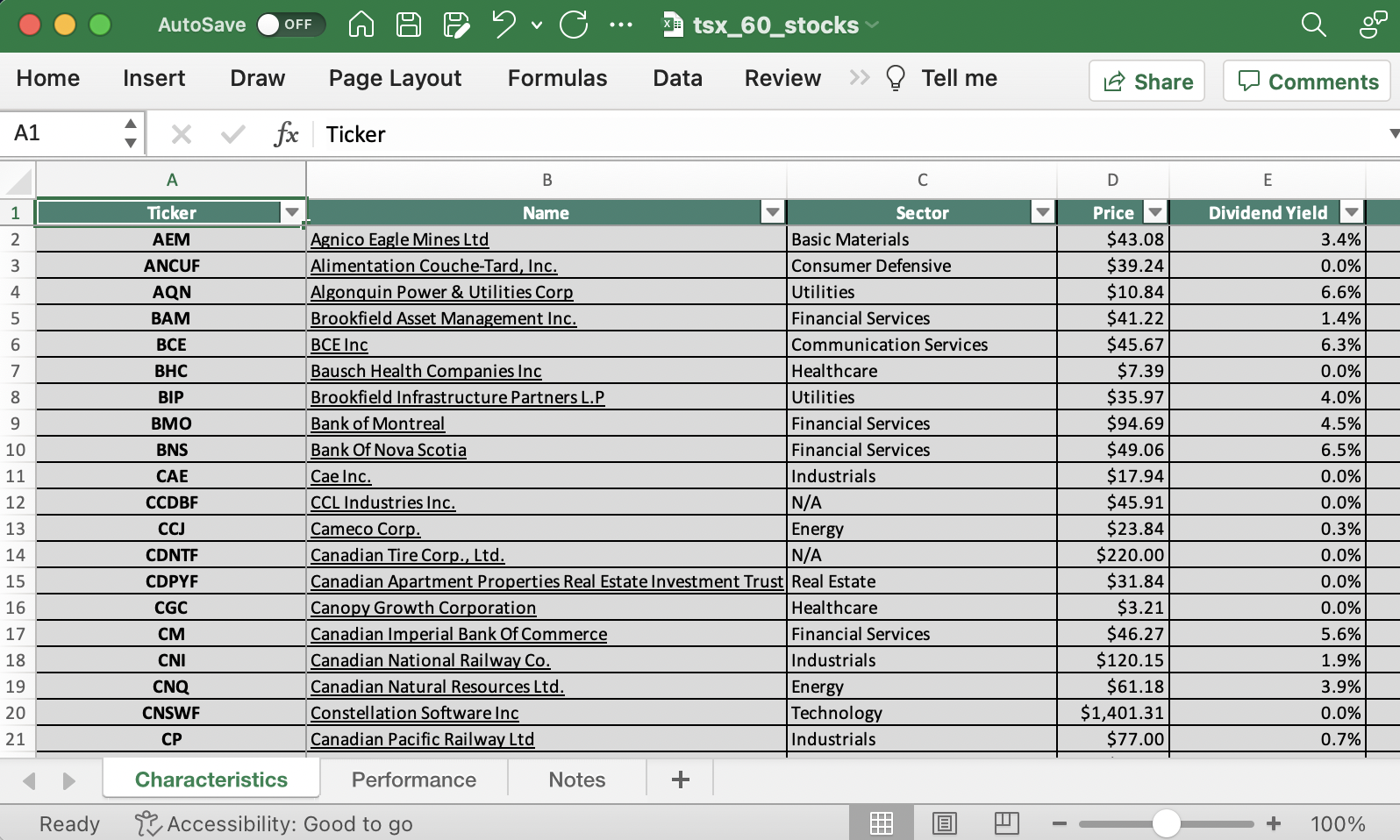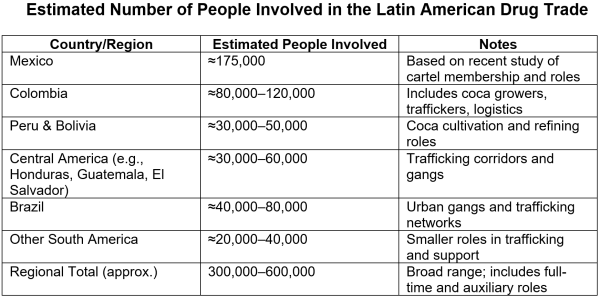Mark J. Higgins, CFA, CFP, is the author of Investing in U.S. Financial History: Understanding the Past to Forecast the Future from Greenleaf Book Group Press.
After World War II, the portfolios of US institutional investment plans began growing rapidly. As of 2021, the total assets held by US public and private pensions alone exceeded $30 trillion. Much like their predecessors in the mid-1900s, the trustees that oversee these assets have limited time and variable levels of expertise. This forces them to rely on the advice of staff and non-discretionary investment consultants.
My purpose here is to reveal an especially pernicious bias of investment consultants. This revelation is important because it is often masked by the inaccurate claim that their advice is conflict-free.
The problem is that while investment consultants may claim their advice is conflict-free — and their clients may believe them — in reality, it is often heavily biased by the investment consultants’ own self-interest.
The Origins of the Conflict
The basic premise of the investment consulting profession’s “no conflicts of interest” claim is that their recommendations are unbiased because they have no financial interest in the funds that they recommend. Such a claim may have had been valid during the profession’s formative years in the 1970s and 1980s when investment consulting firms limited their services to performance reporting. But by the 1990s, competition had intensified to such an extent that most of these firms had added proprietary asset allocation and asset manager recommendations as a way to differentiate from competitors.
Emboldened by their reputation as trusted advisers, they started to push actively managed funds in traditional asset classes even as evidence mounted that such investments were unlikely to add value. Making matters worse, they sought to emulate the success of the Yale Endowment at the turn of the 21st century and promoted the construction of increasingly complex portfolios with allocations to private investments in alternative asset classes. Despite the shift in their business models, consulting firms continued to provide performance reporting services, and their reports more and more came to resemble an evaluation of their own recommendations.
Today, investment consulting firms still compete primarily on the depth of their resources in asset allocation, active manager selection, and alternative asset classes, among other areas. Many maintain that their recommendations are trustworthy because their business models remain “unconflicted.” The problem, however, is that this claim implicitly assumes that investing in complex portfolio allocations, active managers, and alternative asset classes will benefit clients in aggregate. What if the opposite is true? What if these strategies actually destroy value? Would investment consultants tell their clients?
Just asking these questions presents an existential dilemma. If most clients are better off simplifying their portfolios, replacing active managers with low-cost index funds, and avoiding alternative asset classes, then the current investment consulting business model is obsolete.

This is an understandably hard truth to accept, and investment consulting firms rarely discuss these issues for obvious reasons. The conflict of interest impairs their judgment. That’s why most firms continue to compete based on their (largely unfounded) asset allocation and manager selection capabilities.
Trustees also have a difficult time challenging consultants’ claims. Why? Because investment consultants almost always choose the benchmarks against which plan performance — and, by extension, their performance — is evaluated. It is not in their interest to set the bar too high. In fact, Niklas Augustin, Matteo Binfarè, and Elyas Fermand found that private equity benchmarks have migrated toward lower and lower thresholds of outperformance. By any standard, this is a deeply conflicted practice, but the widely accepted claim that consultants are conflict-free makes it even more damaging.
So, how does this conflict play out? One example occurs when investment consulting firms recommend actively managed funds yet bear almost no accountability for the outcomes. This may seem hard to believe but ask an investment consulting firm to provide a third-party assessment of their fund manager hire-and-fire recommendations. Few firms voluntarily provide this information because (a) they never thought to do the analysis; (b) they don’t want to do the analysis because of what it may reveal; or (c) they have done the analysis but won’t share it because of what it does reveal.
None of these explanations inspire confidence. But investment consultants are rarely challenged because of their non-discretionary status. Since trustees are the final decision makers, consultants are unaccountable for proving whether their recommendations offer any value. Ironically, the “non-discretionary cloak of invisibility” protects consultants from providing the very transparency that prompted the profession’s formation in the first place.
The late Charlie Munger once described a similar problem. Asked why irrational behavior was so common in the investment management profession, he told an anecdote about shopping for a fishing lure in Minnesota. He couldn’t fathom how the lure’s glittery, technicolor sheen would attract fish. So, he asked the store owner whether it actually worked. The owner confessed his ambivalence: “Mister, I don’t sell to fish.”
Trustees of institutional investment plans find themselves in a similar position. They design complex allocations and purchase expensive alternative asset classes and actively managed funds despite mounting possibility that the corresponding fees are unlikely to produce attractive outcomes.

So, What Is the Solution?
Fortunately, a small but growing community of academics and investment professionals is asking the difficult questions and humbly accepting the answers. Over several decades, Charles D. Ellis, CFA, and Richard M. Ennis, CFA, among others, have followed the evidence and proposed a way forward.
For trustees, the first step is to recognize that the firms they depend on for investment advice are anything but conflict-free. Once they acknowledge that, they can open their minds to the evidence that a less complex and less costly strategy may have benefits.
For investment consultants, the first step is to let go of the obsession with portfolio complexity and the quixotic quest to outwit ruthlessly efficient markets. Those who accept this reality will discover that clients still need their services. In fact, by spending less time on unnecessarily complex portfolios, hiring and firing managers, and conducting expensive forays into esoteric asset classes, consultants can focus on long-neglected problems and reestablish their reputation as trusted advisers.
Experience demonstrates that these changes are both valuable and achievable. Perhaps 2024 will mark the dawn of a new era in investment consulting?
For more from Mark J. Higgins, CFA, CFP, check out Investing in U.S. Financial History: Understanding the Past to Forecast the Future from Greenleaf Book Group Press.
If you liked this post, don’t forget to subscribe to Enterprising Investor and the CFA Institute Research and Policy Center.
All posts are the opinion of the author. As such, they should not be construed as investment advice, nor do the opinions expressed necessarily reflect the views of CFA Institute or the author’s employer.
Image credit: ©Getty Images / Andriy Onufriyenko
Professional Learning for CFA Institute Members
CFA Institute members are empowered to self-determine and self-report professional learning (PL) credits earned, including content on Enterprising Investor. Members can record credits easily using their online PL tracker.




























